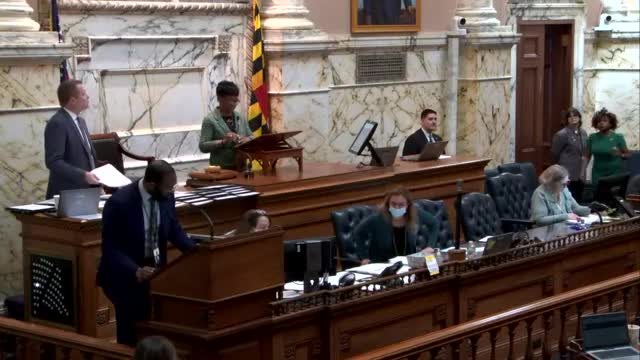Article not found
This article is no longer available. But don't worry—we've gathered other articles that discuss the same topic.
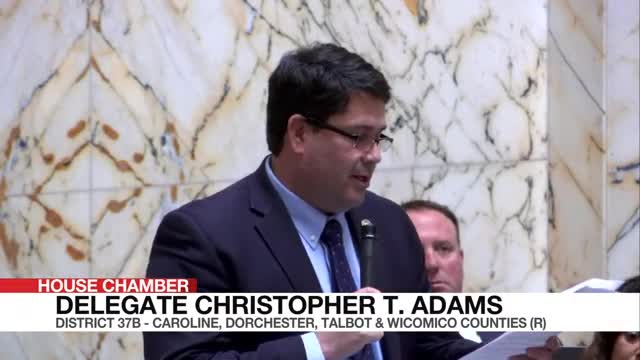
House codifies federal disparate-impact rule for housing; committee sponsor says bill mirrors existing law
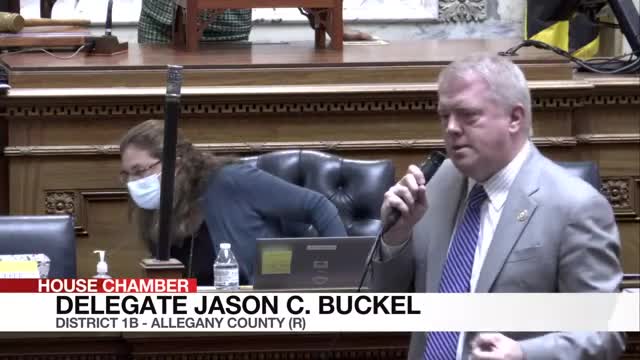
House advances amended building energy performance standards after heated floor debate
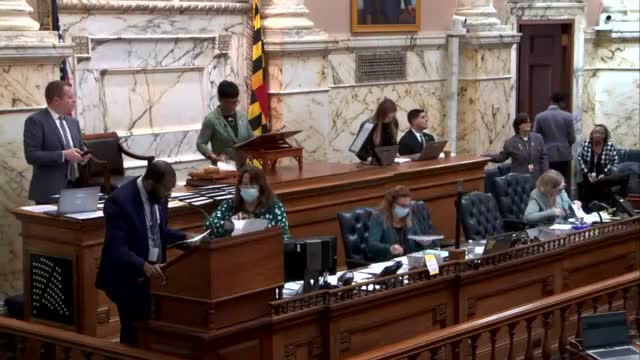
House rejects PFAS ban amendment for floating solar panels after committee debate
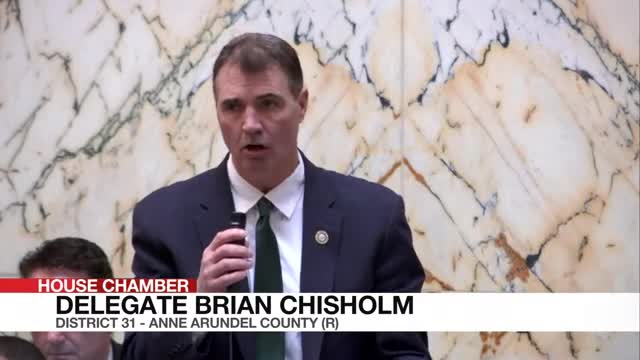
House amends aquifer recharge pilot to add notices but rejects additional plain-language amendment
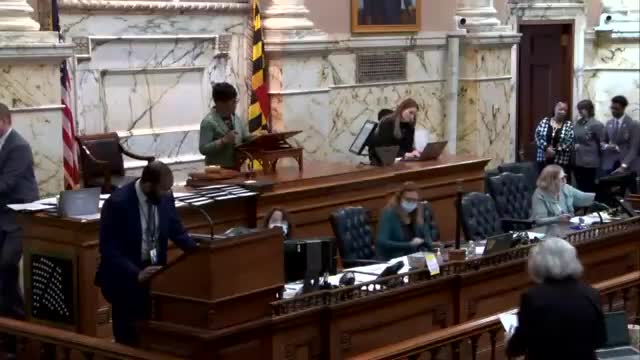
House rejects amendment that would have given counties veto over overhead transmission lines
